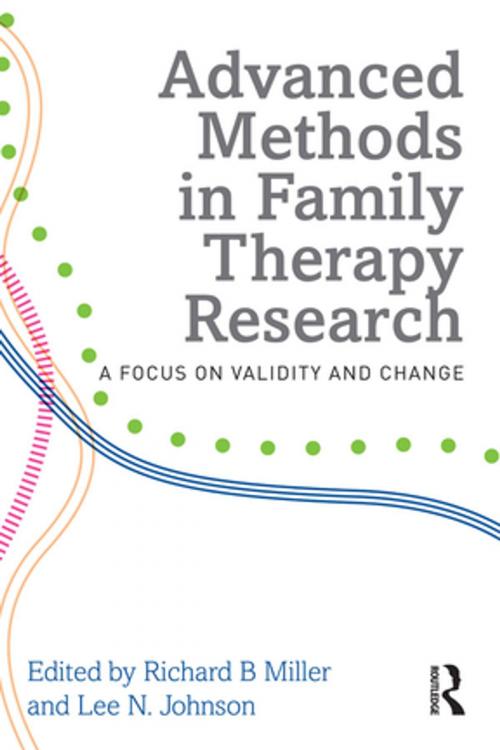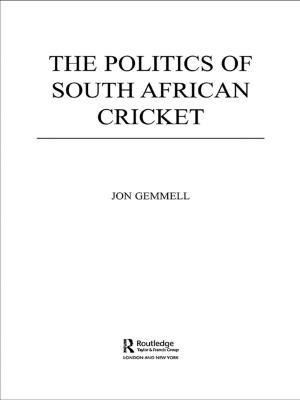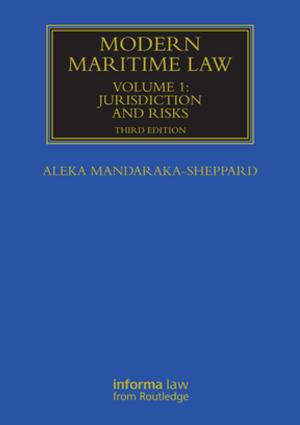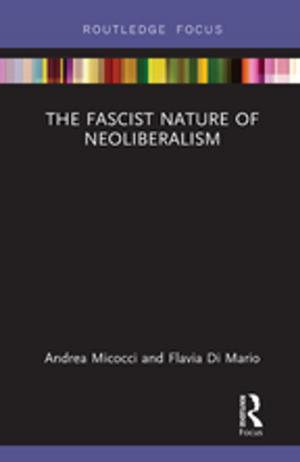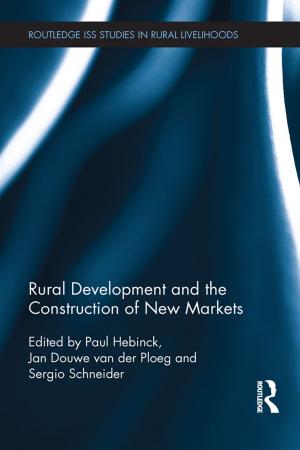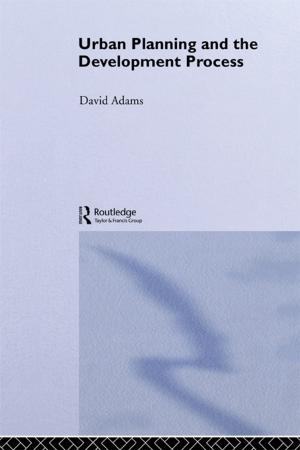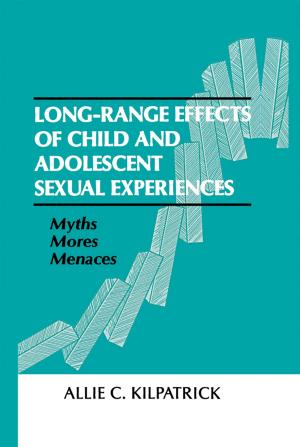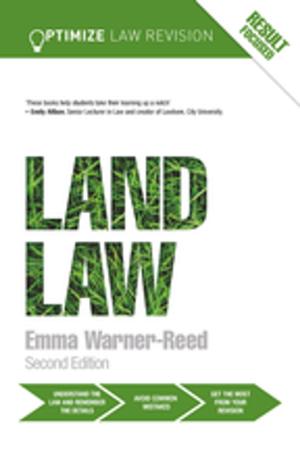Advanced Methods in Family Therapy Research
A Focus on Validity and Change
Nonfiction, Health & Well Being, Psychology, Research, Family Therapy, Psychotherapy| Author: | ISBN: | 9781136192197 | |
| Publisher: | Taylor and Francis | Publication: | December 17, 2013 |
| Imprint: | Routledge | Language: | English |
| Author: | |
| ISBN: | 9781136192197 |
| Publisher: | Taylor and Francis |
| Publication: | December 17, 2013 |
| Imprint: | Routledge |
| Language: | English |
Research is vital in moving the field of family therapy forward, but the myriad of possibilities inherent in working with systems and individuals can overwhelm even the most seasoned researcher. Advanced Methods in Family Therapy Research is the best resource to address the day-to-day questions that researchers have as they investigate couples and families, and the best source for learning long-term theory and methodology. The contributors of this volume share their wisdom on a wide variety of topics including validity concerns, measuring interpersonal process and relational change, dyadic data analysis (demonstrated through a sample research study), mixed methods studies, and recruitment and retention. The volume contains one of the most detailed descriptions of data collections and covers interviewing, using questionnaires, and observing brain activity. Also addressed are suggestions to meaningfully reduce cultural bias, to conduct ethical research, and, in the Health Services Research chapter, to examine interventions for clients in various income brackets. A separate, ground-breaking chapter also addresses psychophysiological research in a couple and family therapeutic context. As an added benefit, readers will learn how to become informed consumers of journal articles and studies, how to produce quality, publishable research, and how to write fundable grant proposals. Each chapter provides a clear and detailed guide for students, researchers, and professionals, and as a whole Advanced Methods in Family Therapy Research advances the field by teaching readers how to provide evidence that marriage and family therapy not only relieves symptoms, but also effects behavioral change in all family members.
Research is vital in moving the field of family therapy forward, but the myriad of possibilities inherent in working with systems and individuals can overwhelm even the most seasoned researcher. Advanced Methods in Family Therapy Research is the best resource to address the day-to-day questions that researchers have as they investigate couples and families, and the best source for learning long-term theory and methodology. The contributors of this volume share their wisdom on a wide variety of topics including validity concerns, measuring interpersonal process and relational change, dyadic data analysis (demonstrated through a sample research study), mixed methods studies, and recruitment and retention. The volume contains one of the most detailed descriptions of data collections and covers interviewing, using questionnaires, and observing brain activity. Also addressed are suggestions to meaningfully reduce cultural bias, to conduct ethical research, and, in the Health Services Research chapter, to examine interventions for clients in various income brackets. A separate, ground-breaking chapter also addresses psychophysiological research in a couple and family therapeutic context. As an added benefit, readers will learn how to become informed consumers of journal articles and studies, how to produce quality, publishable research, and how to write fundable grant proposals. Each chapter provides a clear and detailed guide for students, researchers, and professionals, and as a whole Advanced Methods in Family Therapy Research advances the field by teaching readers how to provide evidence that marriage and family therapy not only relieves symptoms, but also effects behavioral change in all family members.
